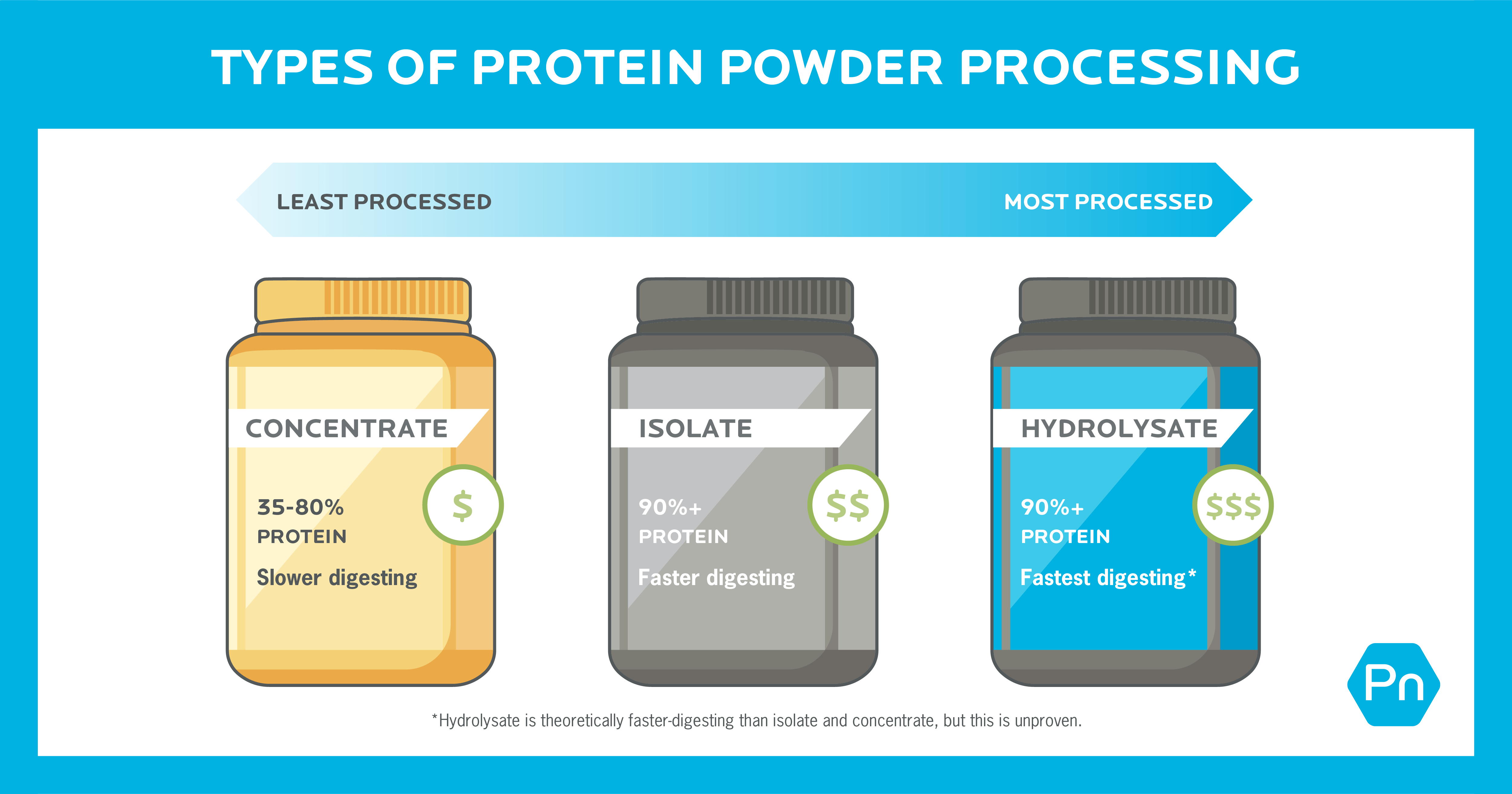Choosing the right protein powder can be daunting with the myriad of options available on the market. To make an informed decision, it’s essential to understand the differences between whey, casein, and plant-based protein powders, and how they align with your dietary preferences and fitness goals. This article will help you navigate these options and select the best protein powder for you.
Understanding the Basics
Whey Protein
Source: Whey protein is derived from milk during the cheese-making process. It is the liquid portion that separates from the curds.
Benefits:
- Rapid Absorption: Whey protein is quickly absorbed by the body, making it an excellent choice for post-workout recovery.
- Complete Protein: It contains all nine essential amino acids necessary for muscle repair and growth.
- Rich in BCAAs: Branched-chain amino acids (BCAAs) like leucine, isoleucine, and valine are abundant in whey, promoting muscle protein synthesis .
Best For: Athletes, bodybuilders, and those looking to increase muscle mass and improve recovery times.
Considerations:
- Lactose Content: Some people may experience digestive discomfort due to lactose intolerance.
- Allergies: Those allergic to dairy should avoid whey protein.
Casein Protein
Source: Casein, like whey, is derived from milk but it constitutes the curds in the cheese-making process.
Benefits:
- Slow Digestion: Casein is digested slowly, providing a steady release of amino acids over several hours. This makes it ideal for nighttime use.
- Sustained Protein Supply: Helps prevent muscle breakdown during long periods without food .
Best For: Individuals seeking a prolonged protein supply, especially useful before fasting periods such as overnight sleep.
Considerations:
- Lactose Content: Similar to whey, casein contains lactose which can cause digestive issues for some people.
- Texture: Casein tends to have a thicker texture, which may not be appealing to everyone.
Plant-Based Proteins
Source: Plant-based protein powders can come from a variety of sources, including soy, pea, rice, hemp, and chia.
Benefits:
- Hypoallergenic Options: Plant-based proteins are suitable for those with lactose intolerance, dairy allergies, or specific dietary restrictions.
- Fiber and Nutrients: Often contain additional fiber, vitamins, and minerals depending on the plant source .
Types:
- Soy Protein: A complete protein with all essential amino acids, beneficial for heart health and reducing cholesterol levels .
- Pea Protein: Easily digestible and rich in BCAAs, making it a good alternative for muscle building .
- Rice Protein: Hypoallergenic and easily digestible, but usually lacks one essential amino acid (lysine), often combined with pea protein to create a complete profile .
- Hemp Protein: Contains omega-3 and omega-6 fatty acids, beneficial for overall health .
Best For: Vegetarians, vegans, individuals with dairy allergies, and those seeking hypoallergenic options.
Considerations:
- Incomplete Proteins: Some plant proteins may lack one or more essential amino acids, requiring combination with other protein sources to ensure complete amino acid profile.
- Taste and Texture: Plant-based proteins can have a different taste and texture compared to dairy-based proteins, which may require adjustment.

Choosing the Right Protein Powder for Your Needs
Assessing Your Goals
- Muscle Gain and Recovery: If your primary goal is to build muscle and enhance recovery, whey protein might be the best option due to its quick absorption and high BCAA content .
- Sustained Protein Supply: For those needing a slow-release protein source to prevent muscle breakdown over longer periods, casein protein is ideal .
- Dietary Restrictions and Preferences: If you are vegan, vegetarian, or have lactose intolerance, plant-based proteins such as soy, pea, or hemp protein will be suitable choices .
Understanding Your Body’s Response
It’s important to pay attention to how your body responds to different protein powders. Some individuals may experience digestive discomfort with dairy-based proteins but find plant-based proteins more tolerable.
Reading Labels and Ingredient Lists
When selecting a protein powder, read the ingredient list carefully:
- Protein Content: Ensure a high protein content per serving.
- Additives: Look for minimal additives, sugars, and artificial flavors.
- Certification: Choose products certified by third-party organizations for quality and purity, such as NSF or Informed-Choice .
Cost and Quality
While higher-priced protein powders often indicate higher quality and fewer fillers, many affordable options provide excellent nutrition. Balance your budget with your nutritional needs.
Conclusion
Choosing the right protein powder depends on your individual dietary needs, fitness goals, and how your body responds to different protein sources. Whey protein is great for quick muscle recovery and growth, casein protein is ideal for sustained amino acid release, and plant-based proteins cater to dietary restrictions and preferences. By understanding these differences and considering your unique requirements, you can select the best protein powder to support your health and fitness journey.
References:
- National Institutes of Health – Whey Protein Benefits
- Journal of the International Society of Sports Nutrition – BCAAs in Whey
- Journal of Nutrition – Slow Digestion of Casein
- Harvard Health – Benefits of Plant-Based Proteins
- American Heart Association – Soy Protein
- Journal of the Academy of Nutrition and Dietetics – Pea Protein
- Journal of Food Science – Rice Protein
- Nutrition Journal – Hemp Protein
- Journal of Applied Physiology – Whey and Muscle Recovery
- Journal of Sports Sciences – Protein for Muscle Gain
- British Journal of Nutrition – Casein Protein
- Current Developments in Nutrition – Plant-Based Proteins
- American Academy of Allergy, Asthma & Immunology – Hypoallergenic Proteins
- NSF International – Supplement Certification
- Informed-Choice – Certified Supplements

